Андрій (CEO Plerdy): Віталік, привіт! Ти чув новину про те, що OpenAI запускає свій пошуковик SearchGPT? Як думаєш, що це означає для Google?
Віталік: Привіт, Андрію! Чув! Це щось абсолютно нове і, чесно кажучи, трохи лячно. Уявляю, як Google зараз переживає! Як ти думаєш, який буде алгоритми пошуку? Це ж важливо для SEO.
Андрій: О, тут є про що поговорити! Я думаю, що SearchGPT аналізувати, посилання і ключові слова, тобто це залишаться важливими, але, ймовірно, додадуться нові сигнали, як бренд-ключі, рейтинги і відгуки на авторитетних джерелах. Тут більш цікаво як він буде оцінювати контент, написаний ним самим… це ж буде справжнє випробування! Так виглядає, це може бути щось схоже на версію Google з 2010 року. Декілька ключів, трішки посилань, і ти вже у топ. Але зараз більше сайтів, і більше якісних сайтів.
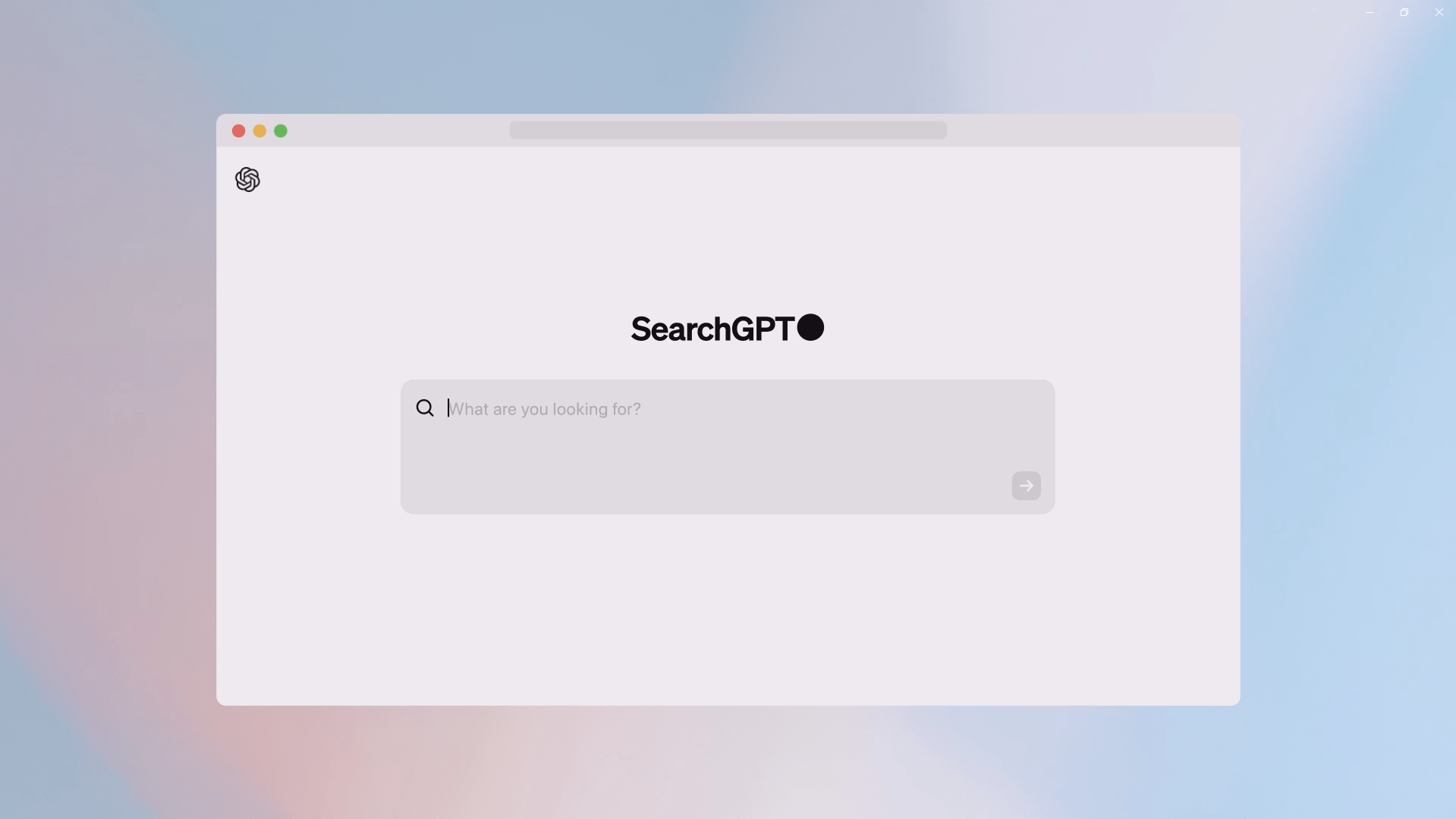
Віталік: Так, це цікаво. Але ж якщо аудиторія почне менше шукати в Google, це ж проблема для бізнесу? Не всі зможуть швидко адаптуватися до нових алгоритмів ChatGPT.
Андрій: Абсолютно! Якщо дійсно буде акцент на ключові слова, доведеться збільшити їх відсоток, як було років 15 тому. Google цього не любить, але без цього ніяк. І тут важливий баланс.
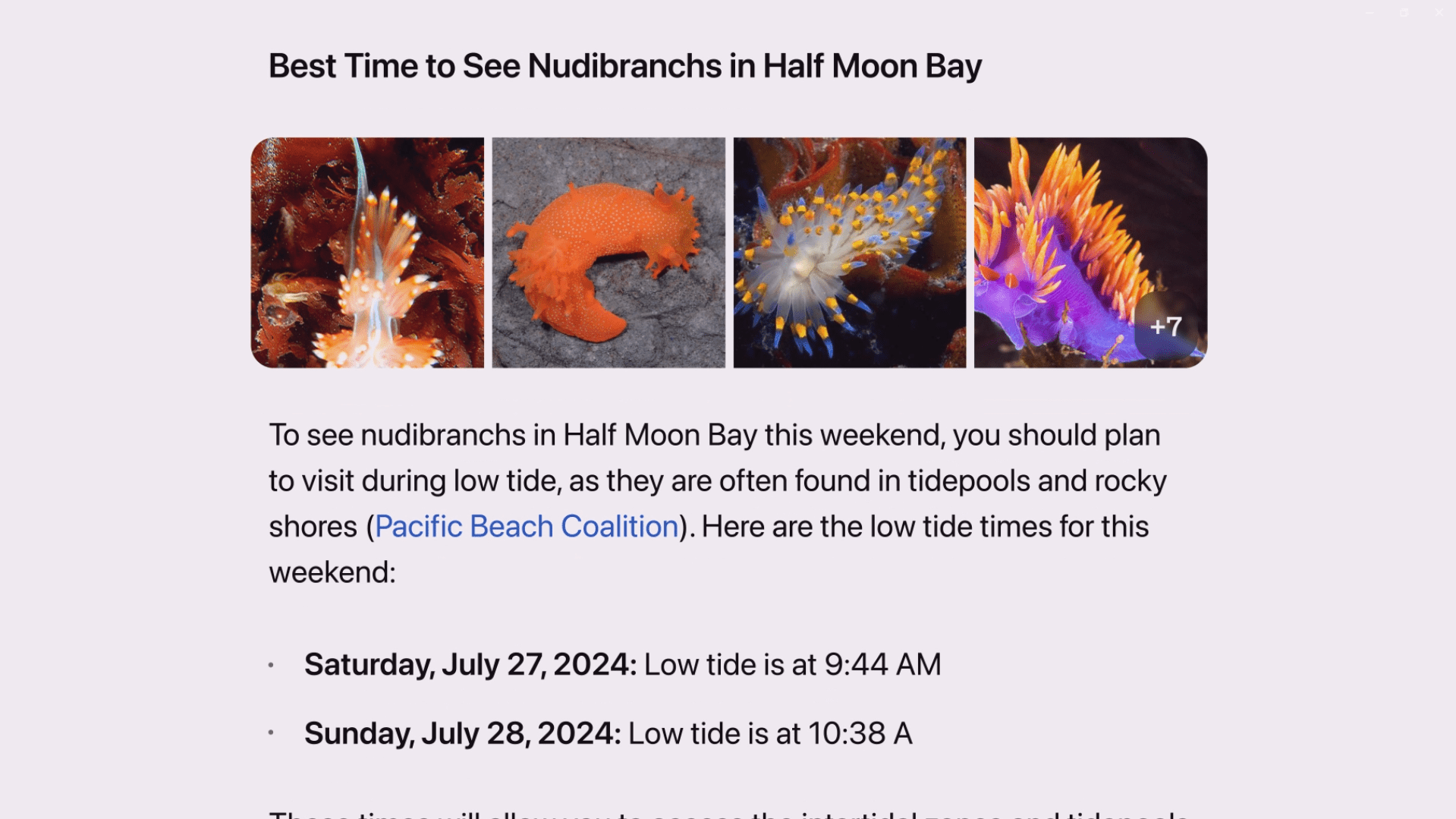
Віталік: А думаєш будуть додаткові інструменти для SEO, як Google Search Console?
Андрій: Думаю, що рано чи пізно щось подібне з’явиться. Алгоритми будуть вдосконалюватися, і SEO спеціалістам потрібен інструмент, щоб тримати все під контролем. Я теж думаю, там будуть якісь свої особливості.
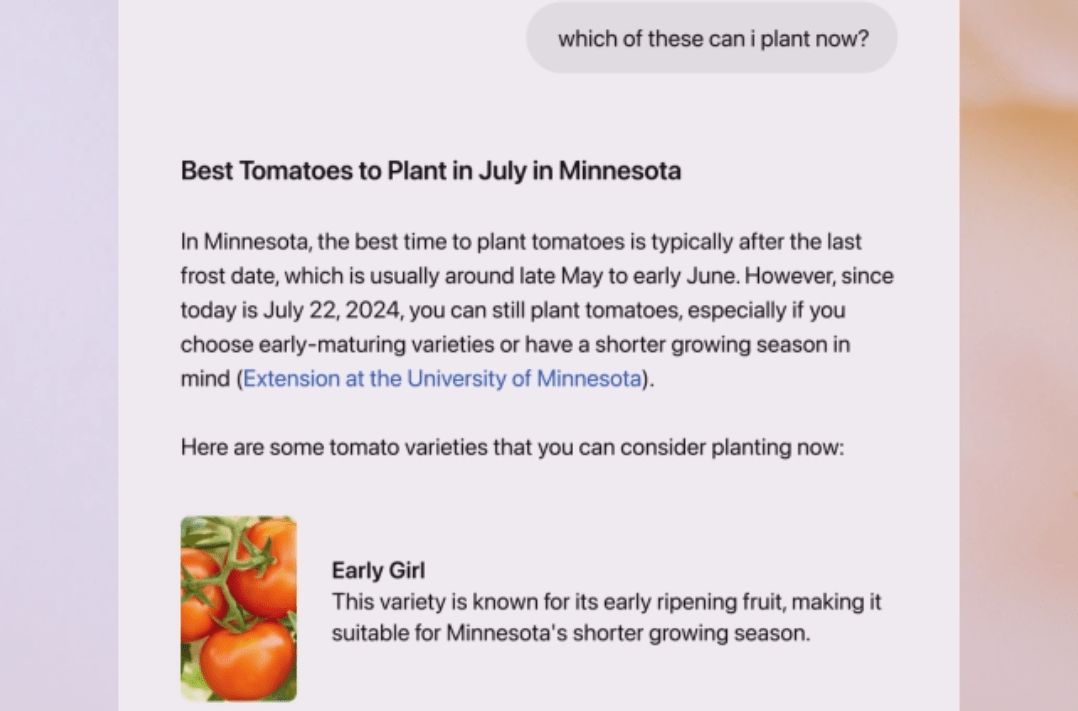
Віталік: Зрозуміло. Але ж Google може втратити багато трафіку. Вони ж найбільше заробляють на Google Ads. Це може бути катастрофою для них, чи не так?
Андрій: Ти правий. Якщо SearchGPT дійсно запрацює і захопить частину трафіку, це буде серйозний удар для Google. Я перевірив, дуже цікаво, який трафік. Зараз у Гугл 80 мільярдів трафіку, а у Bing тільки 1,5 мільярда. Ahrefs теж намагалися з yep.com, але в них лише 150 тисяч трафіку в місяць. Тому ChatGPT має всі шанси на успіх з їхніми 2,5 мільярдами. Тобто це класчний пошук, yep.com фактично програв. Тут чатджпт вже має у середині дуже багато трафіку. Я думаю у них точно вийде.
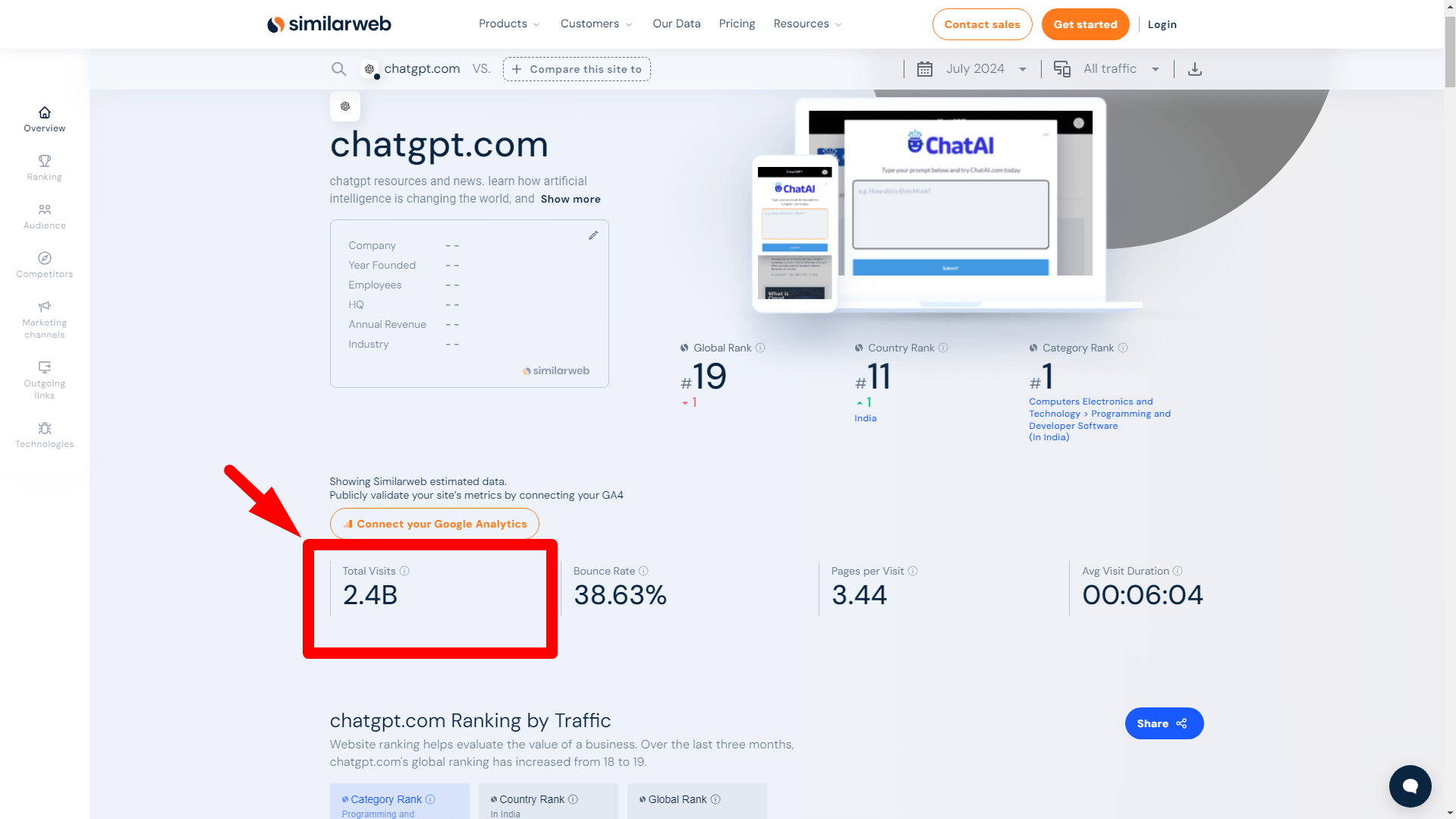
Віталік: І що ти думаєш про частоту сканування сайтів ChatGPT? Це ж важливо для оновлення даних.
Андрій: Тут можуть бути проблеми, якщо сканування буде не частим, наприклад, раз на пів року. Але я думаю, що рано чи пізно вони пришвидшаться і будуть сканувати глибше, порівнювати дублі і т.д. В логах точно можна побачити як часто чатджпт заходить на сайт.
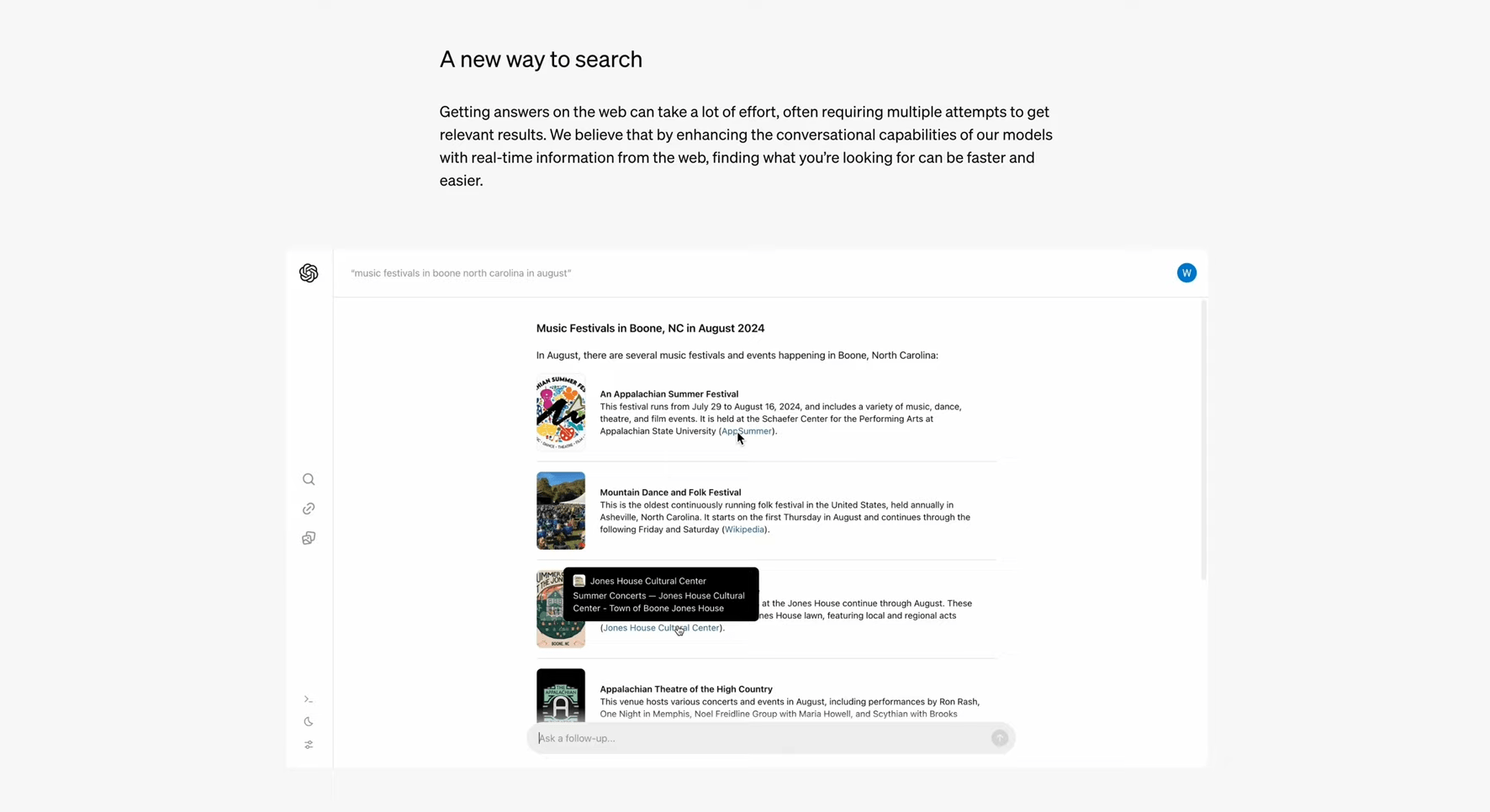
Віталік: А як щодо юзабіліті? Чи зможе ChatGPT аналізувати HTML, CSS і дизайн сайту?
Андрій: Це дуже цікаве питання. Враховуючи, що ChatGPT вже розуміє картинки, цілком можливо, що він зможе аналізувати і дизайн сайту, оцінюючи метрики UI/UX. Це може бути справжнім проривом. Але HTML, CSS, JS це набір символів, чи може скласти суцільну картинку, думаю ще ні, тому що може не сканувати ретельно CSS, JS, а без цього не можливо побачити реальний вигляд.
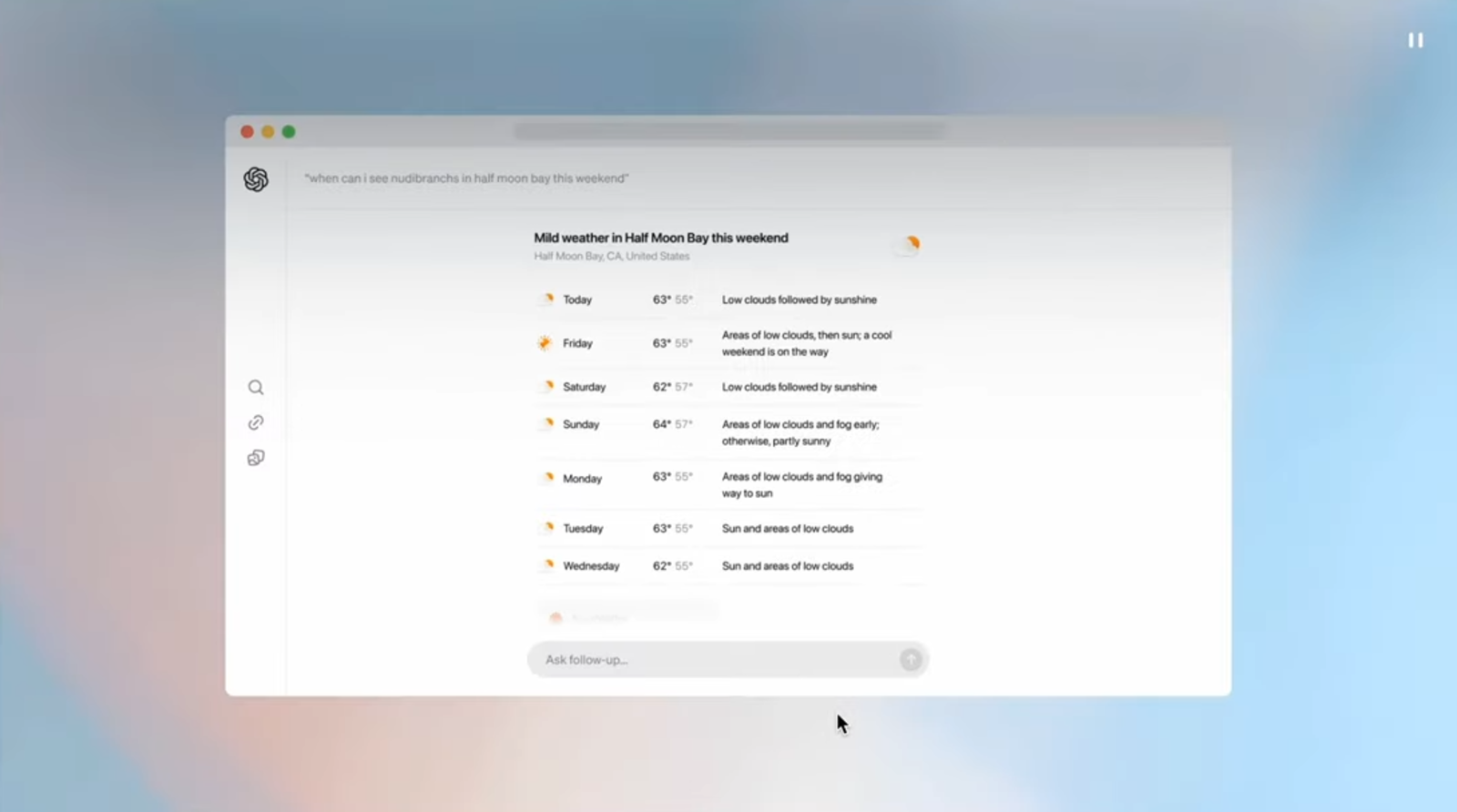
Віталік: Ого, це все дуже цікаво! Ну, що ж, будемо стежити за розвитком подій. Дякую за розмову, Андрію!
Андрій: Завжди радий поспілкуватися, Віталік. Це точно будуть зміни у SEO. До нових зустрічей!
